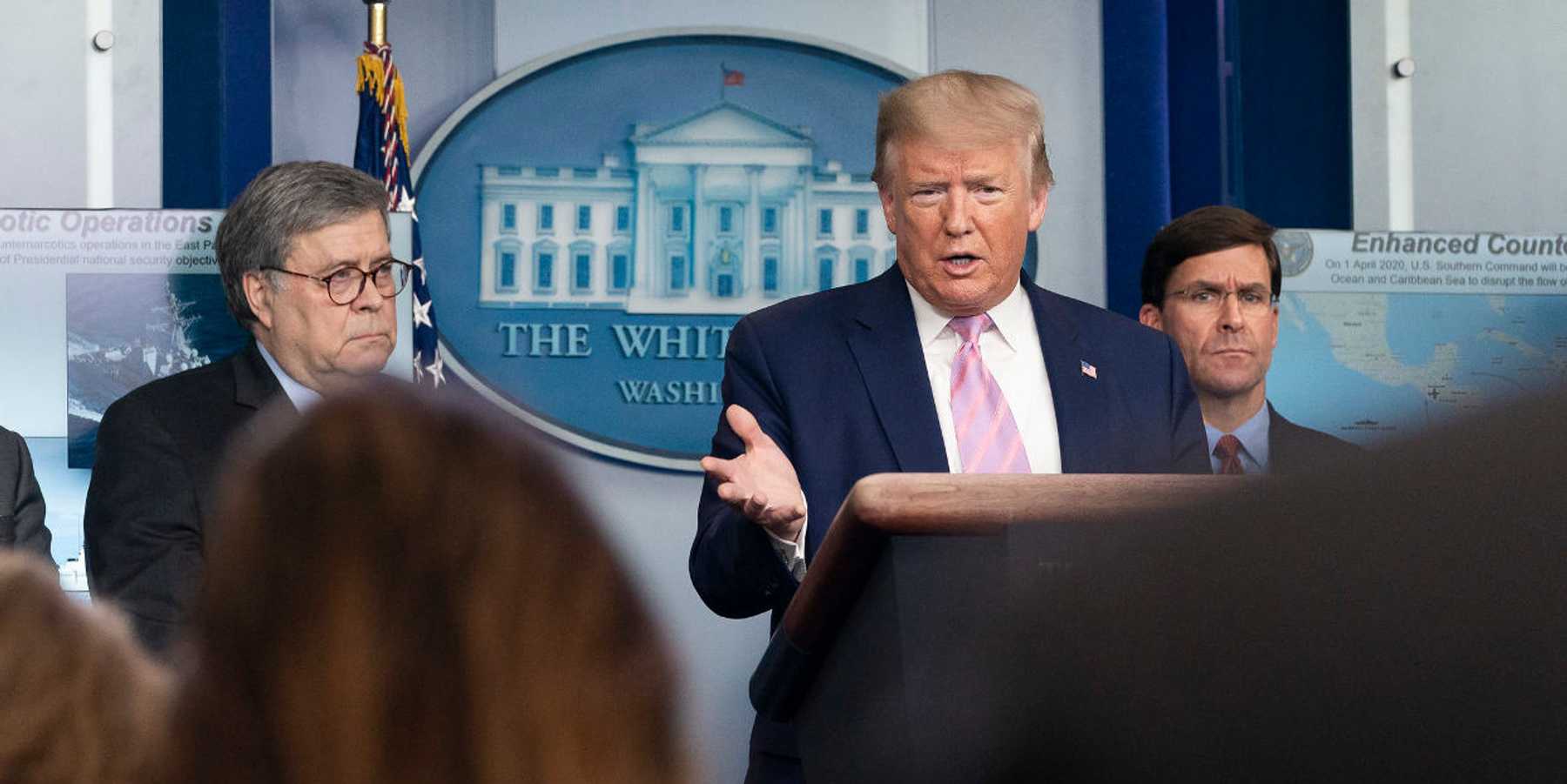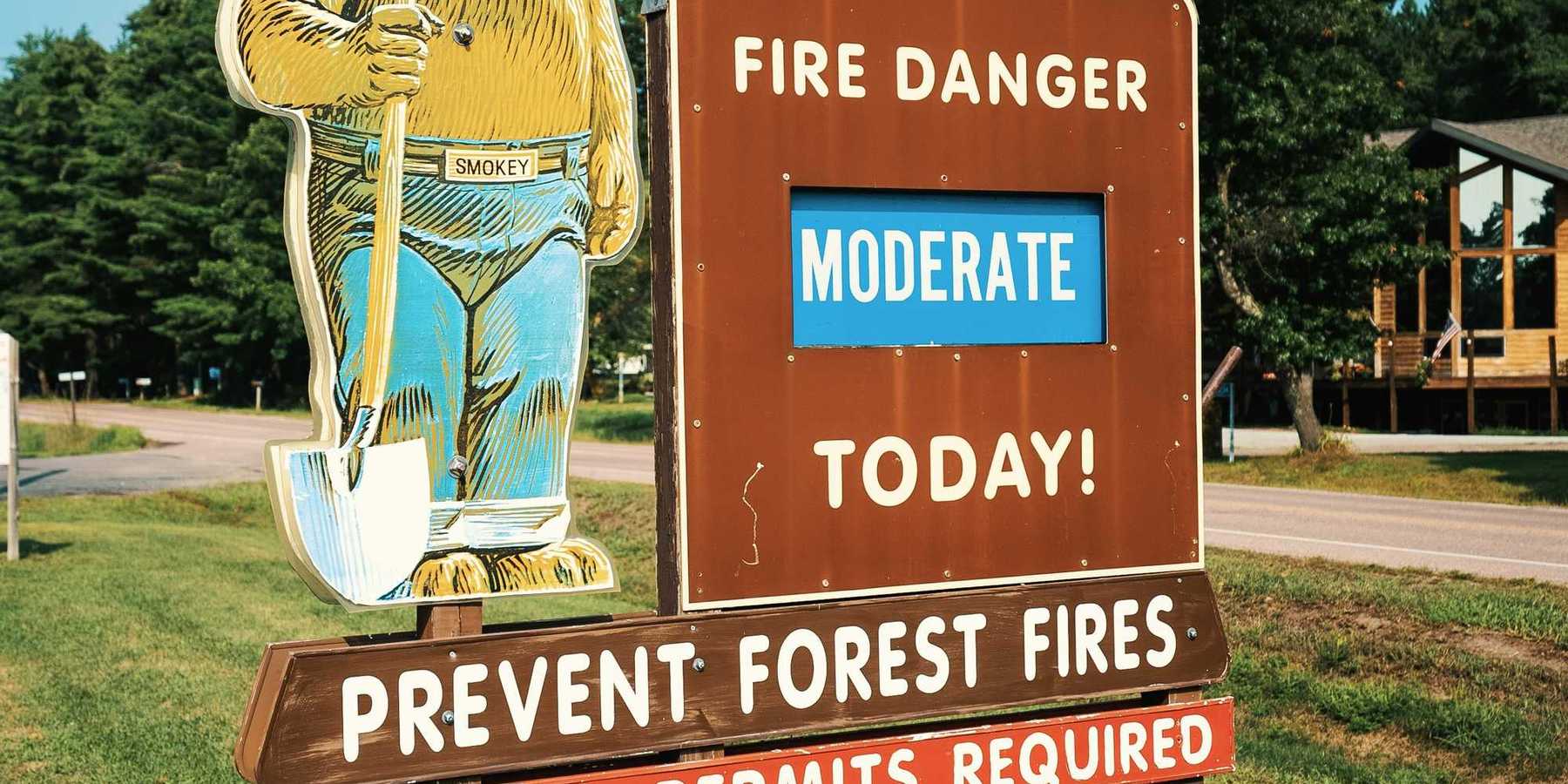
Trump Administration is using a pandemic to hand out gifts to its favorite polluters
The Trump Administration is using COVID-19 to further its dismantling of environmental protection.
I worked in TV news for 18 years. No matter how bad the news got I never had a problem watching it.
Until now.
My viewing habits have been reduced to periodically tuning in to see how many hundreds, or thousands, have died today. But far away from the justifiably wall-to-wall coverage of COVID-19, the Trump Administration is unrepentantly using the pandemic to hand out gifts to its favorite polluters.
COVID-19 news deeply saddens me. This other stuff infuriates me.
Last week, the American Petroleum Institute (API) sent a 10-page letter to the White House requesting a loosening of regulations, citing the COVID-19-related crash in oil and gas prices and the threat it posed to the fossil fuel industry. The White House, via Environmental Protection Agency Administrator Andrew Wheeler, granted their wish list and then some.
Past talk warning against the feds "picking winners and losers" in energy went by the boards.
Five days later, Wheeler issued an order that gave API even more than it asked for, calling for a suspension of any enforcement of EPA regulations if any company, fossil fuel-based or not, or local government can prove that COVID-19 was the cause of its failure to comply.
Former EPA Administrator Gina McCarthy, now the President and CEO of the Natural Resources Defense Council, called the move "an open license to pollute."
But seriously @EPAAWheeler it's not politicization to demand that the public know when industry has stopped monitoring and reporting its pollution. It's common sense. It's the right thing to do. https://t.co/iaXUZG7pNH
— Gina McCarthy (@GinaNRDC) April 2, 2020
The EPA required companies to disclose their greenhouse gas emissions. No more. Because coronavirus.
Wheeler also took the heat off entities forced by court-sanctioned consent decrees to fix pollution problems. Because coronavirus.
EPA cut frackers a break on wastewater discharges. Because coronavirus.
While their wishes were not yet granted, the struggling domestic coal industry is also using the health and financial crises to push for bailout money. If you thought they were asking on behalf of the tens of thousands of displaced miners and their families, they're not.
The industry actually asked for relief on abandoned mine cleanup, and for a reduction in their payments to a fund for miners felled by black lung disease.
In a separate move, the EPA also waived requirements for oil refineries to produce reformulated (RFG) or "summer blend" gasolines. RFG's were first called for in the Clean Air Act revisions of 1990-91, signed by President George H.W. Bush. They took effect in 1995, and were credited with reducing ground-level ozone emissions—the primary cause of summer smog.
Any such emergency measures are normally given a fixed expiration date, or at least a date when the emergency will be re-evaluated. Not this time. Wheeler's decrees carry no end date.
Trump Administration efforts to provide a $3 billion bailout for the oil industry were put on hold. The plan was to have the Energy Department purchase surplus oil and fill the U.S. Strategic Petroleum Reserve (SPR).
But critics warned that such a move would further draw down the U.S. Strategic Bullshit Reserve (SBSR), already under unprecedented stress.
An alternate plan to store surplus private oil in the SPR by leasing its vacant 77 million barrel capacity to petroleum operators was enacted by Trump late Friday.
State legislatures have piled on. South Dakota, Kentucky, and West Virginia all advanced measures to outlaw protests at pipeline construction sites by labelling the projects as "critical infrastructure."
To be fair, such measures had already been enacted in more than a dozen other states, thanks to the Koch-funded American Legislative Exchange Council (ALEC), which provides pre-fab anti-regulatory bills for introduction by pliant state legislators nationwide.
Note: Watch your State Houses for ALEC'S "Auxiliary Container Act," designed to turn back state and local bans on single use bags and cups, aka "auxiliary containers." Continuing to toss away our plastics with abandon is, after all, apparently a way to fight coronavirus.
Also, keep an eye on All Saints Churchyard in Oxfordshire, UK, for when George Orwell starts spinning in his grave.
Leave it to others to copy an insidiously bad American idea. The government of Brazil's climate-denying President, Jair Bolsonaro, has stopped its already-meager efforts to curb illegal logging in the Amazon.
Brazil's Environment Minister said many of the nation's field agents were over or nearing 60 due to a hiring freeze, and that not sending the old folks into a potential hot zone would be the compassionate thing to do.
Never mind that illegal loggers will be freer than ever to export logs and import viruses in the Amazon.
The death toll from COVID-19 may end up in the millions.
The small consolation that its scars could provide a lesson about listening to scientists may be lost in the noise, and the tears of the most sorrowful year of our lifetimes could be repeated as the climate worsens.
Peter Dykstra is our weekend editor and columnist. His views do not necessarily represent those of Environmental Health News, The Daily Climate or publisher, Environmental Health Sciences. Contact him at pdykstra@ehn.org or on Twitter at @Pdykstra.













